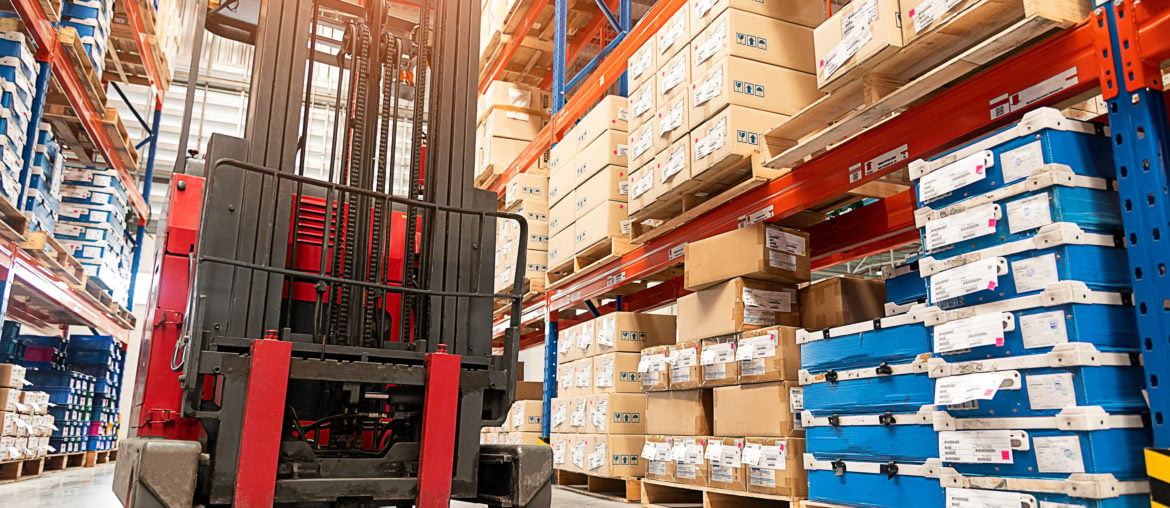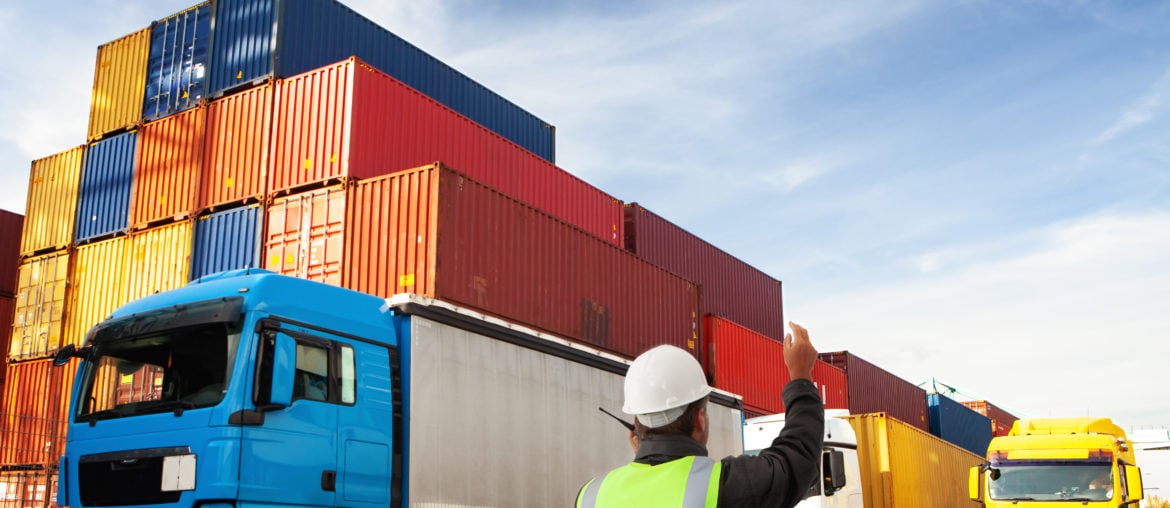Background on Lawsuit In a 8-1 decision issued last week, the U.S. Supreme Court seemingly brought an end to a 15-year lawsuit brought against Nestlé and Cargill by Malian citizens who claim to have been enslaved as children on cocoa plantations located in the Ivory Coast. Specifically, the plaintiffs alleged that Nestlé and Cargill knew the cocoa plantations used child labor, and aided and abetted the human rights abuses that they and other child laborers…
Yesterday the House of Representatives passed by a narrow margin the Governance Improvement and Investor Protection Act (H.R. 1187), which is a package of bills broadly requiring disclosure of ESG metrics in business (including supply chain impacts) and setting specific reporting expectations on climate risks, political spending, executive pay, and taxation rates. The legislation comes amidst indications by the SEC that mandatory disclosures related to ESG and climate impacts are a priority. Our analysis of…
Last week’s post summarized the key findings from the reports and accompanying fact sheet published by the White House on Supply Chain resilience pursuant to Executive Order 14017 “America’s Supply Chains” (“the Reports”). In this post, we dive deeper into the supply chain transparency and governance recommendations made with respect to regulations governing sourcing of critical minerals. This portion of the Reports outlined findings and recommendations pertinent to companies managing critical minerals supply chains, including…
As reported previously, developing new ESG and climate disclosure requirements (including those relating to supply chains impacts) is one of the SEC’s key priorities, and there have been indications that proposed rule-making on the issue may be imminent. The topic was once again raised by SEC Commissioner Allison Herren Lee this week at the 2021 ESG Disclosure Priorities Event. In her remarks, Commissioner Lee indicated that the SEC is working on a proposed rule on ESG disclosures…
The Securities and Exchange Commission (“SEC”) has taken a major step towards exercising its significant power to require companies to disclose greater information relating to ESG and climate impacts. On March 4, 2021, the SEC announced that it has formed a Task Force focusing on climate and ESG disclosure issues. The Task Force is a part of SEC’s Division of Enforcement and will be led by Kelly L. Gibson, the Acting Deputy Director of Enforcement.…
In the wake of the administration change in the U.S. and continued growth in sustainability obligations around the world, we encourage you to listen to our recent discussion with Positive Luxury exploring the ramifications to corporations of these rapid regulatory developments.
Introduction The UK, US, and Canadian governments have recently announced a range of new measures in relation to human rights violations alleged to be taking place in Xinjiang, China. The new measures include enhanced due diligence requirements for companies with links to the region in order to identify and remove the use of forced labor from their supply chains. The move further underlines the importance of effective supply-chain risk management for companies with complex global…
On 5 January 2021 the European Commission (“Commission”) published the roadmap for the upcoming consultation on the EU’s “strategy for sustainable textiles”. The textile sector was previously identified as a priority sector in the European Green Deal, the Circular Economy Action Plan and the Industrial Strategy where the EU seeks to develop a carbon neutral, circular economy (see our previous article Strictly Sustainable Products Only for further analysis) and, in light of the COVID-19 pandemic,…
On November 29, 2020, Swiss voters opted for the introduction of EU-style ESG reporting and due diligence requirements and against the so-called Responsible Business Initiative. While the initiative would have added teeth to the civil liability regime for the violation of international human rights and environmental standards across the supply chain, the substantive requirements regarding ESG reporting and due diligence across the extended enterprise are not any lighter under the chosen approach. We expect that…
Although good practices related to Environmental, Social and Corporate Governance (ESG) have caught the attention of consumers and public opinion over the past few years, the ongoing Coronavirus pandemic has certainly pushed that trend forward. Throughout the course of the public health crisis, we have seen consumers demanding that companies implement sustainable practices in their business operations, including those related to environmental sustainability, labor and workplace safety, and human rights. In Latin America specifically, this…






